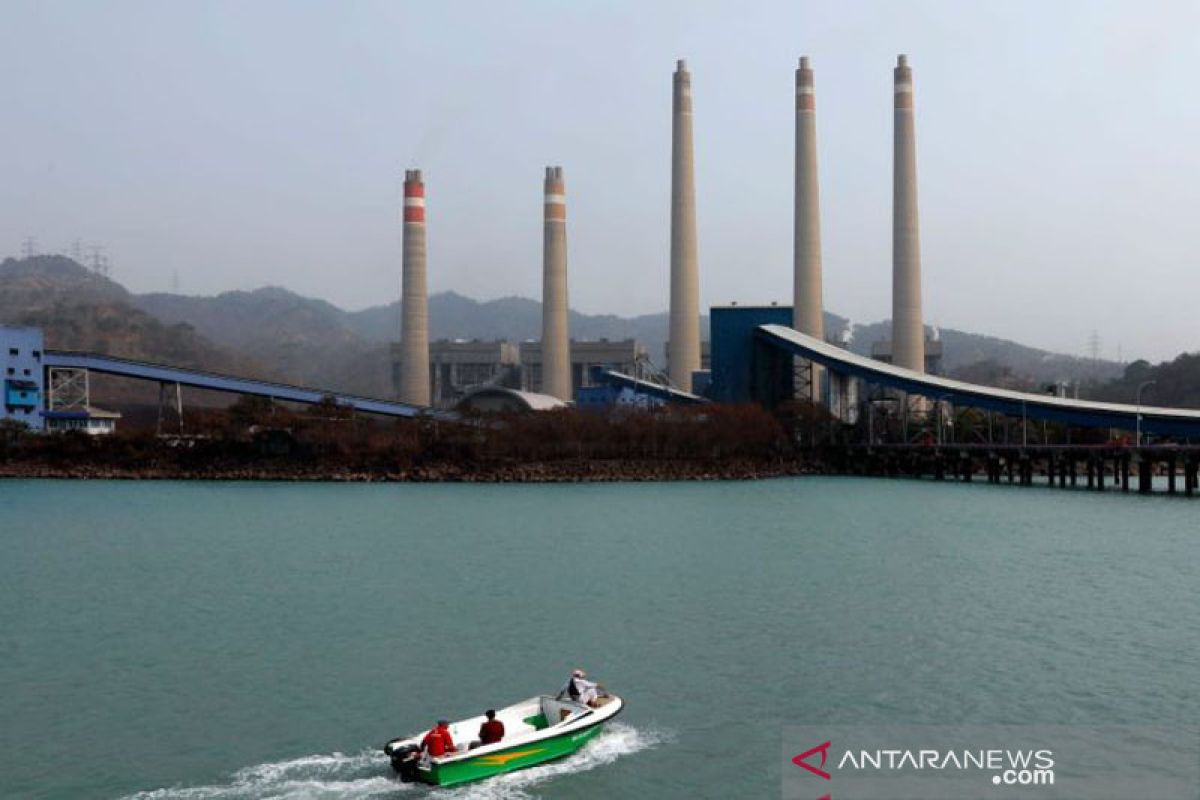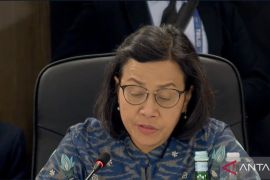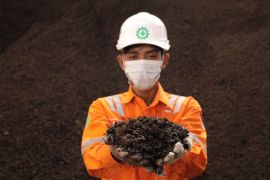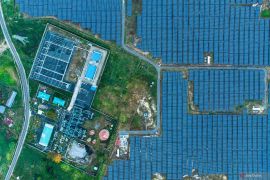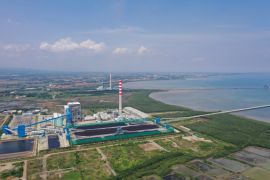We will sign a cooperation agreement with the state-run electricity company PT PLN's subsidiaries -- PT Indonesia Power and PT Pembangkitan Jawa Bali -- for sawdust procurement.Jakarta (ANTARA) - State-owned forestry company Perum Perhutani will supply sawdust as partial fuel replacement for coal-fired power plants (PLTUs) in Pelabuhan Ratu, Sukabumi District, West Java Province, and in Rembang District, Central Java Province.
President Director of Perum Perhutani Wahyu Kuncoro conveyed this information in a statement released here on Wednesday
"We will sign a cooperation agreement with the state-run electricity company PT PLN's subsidiaries -- PT Indonesia Power and PT Pembangkitan Jawa Bali -- for sawdust procurement," he said.
The sawdust for the Pelabuhan Ratu power plant will be sourced from a number of biomass clusters around Sukabumi district, which can produce 11,500 tons sawdust each year, he informed.
Hence, to increase supply, the enterprise plans to build a biomass processing factory in Lengkong Sub-district, Sukabumi District, he said.
Meanwhile, the sawdust for the Rembang power plant will be provided by biomass clusters around Rembang district, whose sawdust production can reach 14,300 tons per year, he added.
The president director said he expected that the business of biomass procurement will be a new source of revenue for Perum Perhutani since the corporation’s main business has been dominated by logging and tapping pine resin activities.
Thus, in 2022, the government is hoping the enterprise will get additional income from the biomass procurement business, he said.
The energy market is a new business market breakthrough in the forestry sector, he noted. The certainty of long-term supply for the energy sector is an additional value in serving the market, he said.
As of 2021, Perum Perhutani has developed 31,136 hectares of energy plants farm clusters at the company’s 15 Forest Management Units (KPHs), he added.
Gliricidia sepium (locally called ‘gamal’) and Calliandra sp. are being grown at the plants, he said.
Furthermore, the enterprise is committed to developing a competitive and sustainable biomass industry to support the development of new and renewable energy in Indonesia, he added.
The attempt also aims to help the government achieve its carbon emissions reduction targets, he said. Indonesia plans to cut carbon emissions by up to 29 percent by 2030 as well as achieve net zero emissions by 2060.
Translator: Sugiharto Purnama, Uyu Liman
Editor: Rahmad Nasution
Copyright © ANTARA 2022
